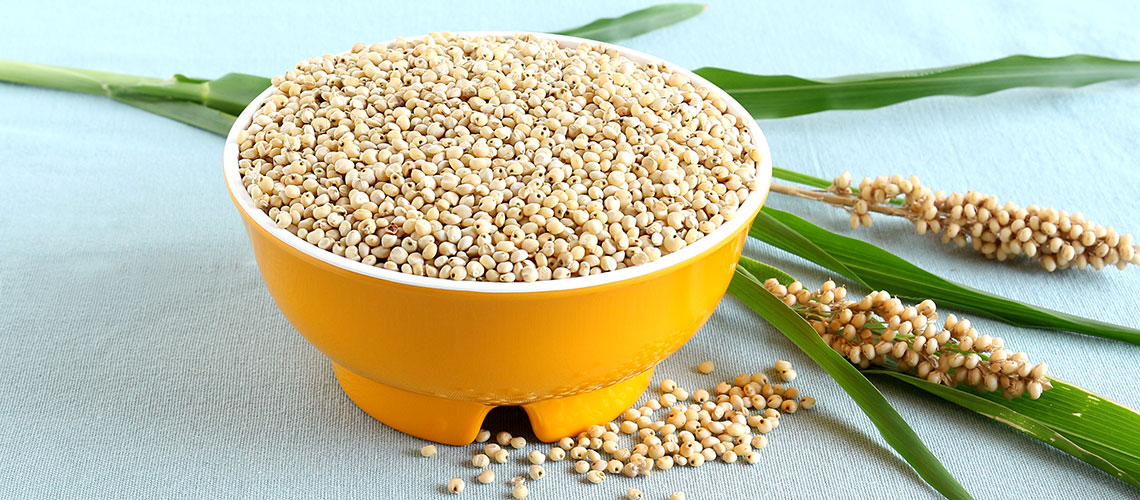Africa is rich in foods that have amazing health benefits. Here are a few to add to your diet.

Our diets have changed over time – in many cases, not for the better. Unfortunately, this has given rise to a lifestyle that has become increasingly unhealthy. Our continent has a variety of foods that are nutrient-rich and inexpensive. These are the foods our ancestors lived on that we have somehow lost along the way. Lately, plant-based diets have been gaining ground again, with experts promoting their health properties.
Plant-based foods include vegetables, legumes, wholegrains, nuts, seeds and fruit. Swopping oily, high-fat and sugary meals for nutritious and natural foods will go a long way to ensuring that you live a healthier, more productive life. Here are examples of these foods; they are easily available, so there’s no excuse not to try them. They may even become your favourites!
PUMPKIN LEAVES
Pumpkin leaves Pumpkin leaves are a staple across the African continent, and for good reason: they’re inexpensive and nutrient-rich, and can be eaten raw and fresh in a similar way to spinach, such as in salads. Or, they can be dried and then eaten as a snack.
Health benefits: Pumpkin leaves contain vitamins A and C, calcium, iron, folate, potassium and some of the B vitamins. Vitamin A protects your eyesight, vitamin C is a great immune booster, calcium is necessary for healthy bones and iron supports having energy.
How to eat: Pumpkin leaves are cooked similarly to spinach. You can spice them to your liking and add potatoes for a filling and nourishing side dish. If you want to take it a step further, you can replace your starch with pumpkin leaves. Click here to follow this pumpkin leaf recipe: https://www.zimbokitchen.com/delicious-traditional-muboora-pumpkin-leaves/
SORGHUM
Sorghum Although sorghum is a grain that originates from Africa, it has become a staple in other parts of the world as well. There are two kinds of sorghum: red and white. The red sorghum isn’t as tasty as the white, but is often used to create sorghum beer.
Health benefits: Sorghum is gluten-free and is high in protein. It’s also a good source of iron, phosphorus, magnesium, copper, calcium, zinc and potassium. The bran layer of sorghum has more antioxidants than blueberries, strawberries and plums. Antioxidants protect your cells from free radicals that play a role in a lot of diseases like cancer and heart disease.
How to eat: Sorghum is milled into flour that can make porridge, unleavened bread and cakes. Sorghum can also be fermented and used to make beer.
MORINGA
Moringa The Moringa tree is found in Africa and parts of Asia. It’s one of those trees that has edible leaves, bark, seeds, roots and flowers. It’s also known as the tree of life because it’s said to help with many ailments. It isn’t recommended for pregnant women and women who are breastfeeding.
Health benefits: It’s called a superfood because it has twice the protein of yoghurt, four times the calcium of milk, seven times the vitamin C of oranges and 25 times the iron of spinach.
How to eat: The leaves are often crushed into a powder that you can add to your drinks or smoothies. You can also drink it as tea.